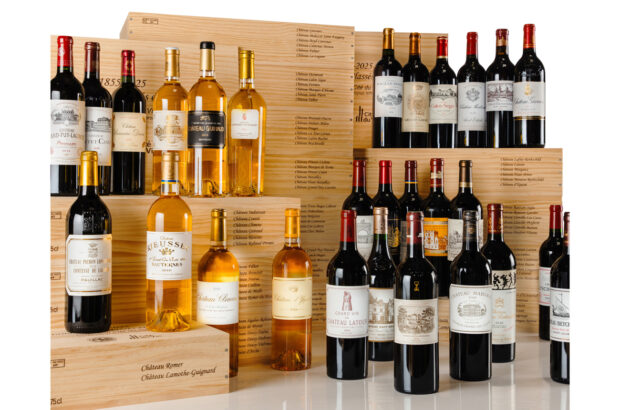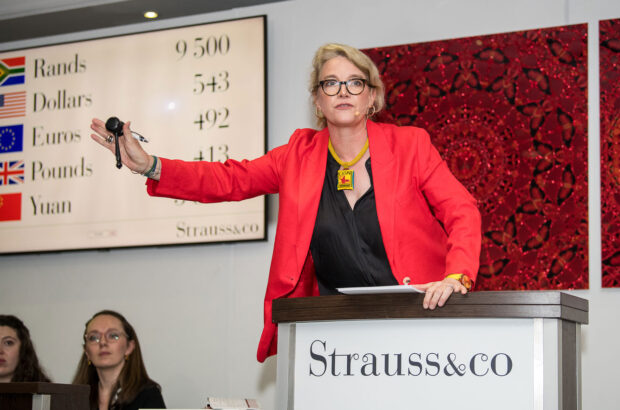Sweden’s state-run drinks monopoly Systembolaget has run itself into trouble for the way it labels wine produced in the Golan Heights.
Originally labelling wine made by the Israeli-owned Golan Heights Winery as ‘made in Israel’, Systembolaget received numerous complaints from consumers.
‘Many of our customers believe that the Golan Heights do not belong to the state of Israel according to international law,’ said a spokesperson for Systembolaget.
The firm then consulted the Swedish foreign ministry which proposed it change the label to read ‘made in Israeli-occupied Syrian territories’.
The changed labelling then angered Israeli officials.
‘Someone in Sweden is looking to damage the sales of Israeli wines,’ senior Jerusalem officals told the Ynet news website.
Systembolaget now says it is considering changing the label a second time and insists it had not intended to make a political statement.
The problem centres on the Golan Heights themselves – a plateau on the border of Israel, Jordan, Lebanon and Syria. Originally part of Syria, the Heights were taken by Israel in the Six Day war in 1967 and The Yom Kippur war in 1973.
Israel has assumed control of the Heights since the wars, although the international community does not recognise Israel’s sovereignty.
According to UN resolution 497, Israel is considered an ‘occupying power’ and its jurisdiction and administration of the Heights is not acknowledged by international law.
Written by Oliver Styles





